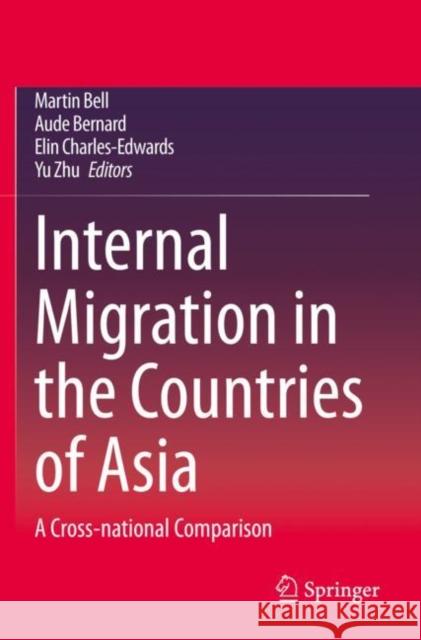Internal Migration in the Countries of Asia: A Cross-National Comparison » książka
topmenu
Internal Migration in the Countries of Asia: A Cross-National Comparison
ISBN-13: 9783030440121 / Angielski / Miękka / 2021 / 409 str.
Internal Migration in the Countries of Asia: A Cross-National Comparison
ISBN-13: 9783030440121 / Angielski / Miękka / 2021 / 409 str.
cena 563,56
(netto: 536,72 VAT: 5%)
Najniższa cena z 30 dni: 539,74
(netto: 536,72 VAT: 5%)
Najniższa cena z 30 dni: 539,74
Termin realizacji zamówienia:
ok. 16-18 dni roboczych.
ok. 16-18 dni roboczych.
Darmowa dostawa!
Kategorie:
Kategorie BISAC:
Wydawca:
Springer
Język:
Angielski
ISBN-13:
9783030440121
Rok wydania:
2021
Wydanie:
2020
Ilość stron:
409
Oprawa:
Miękka
Wolumenów:
01











